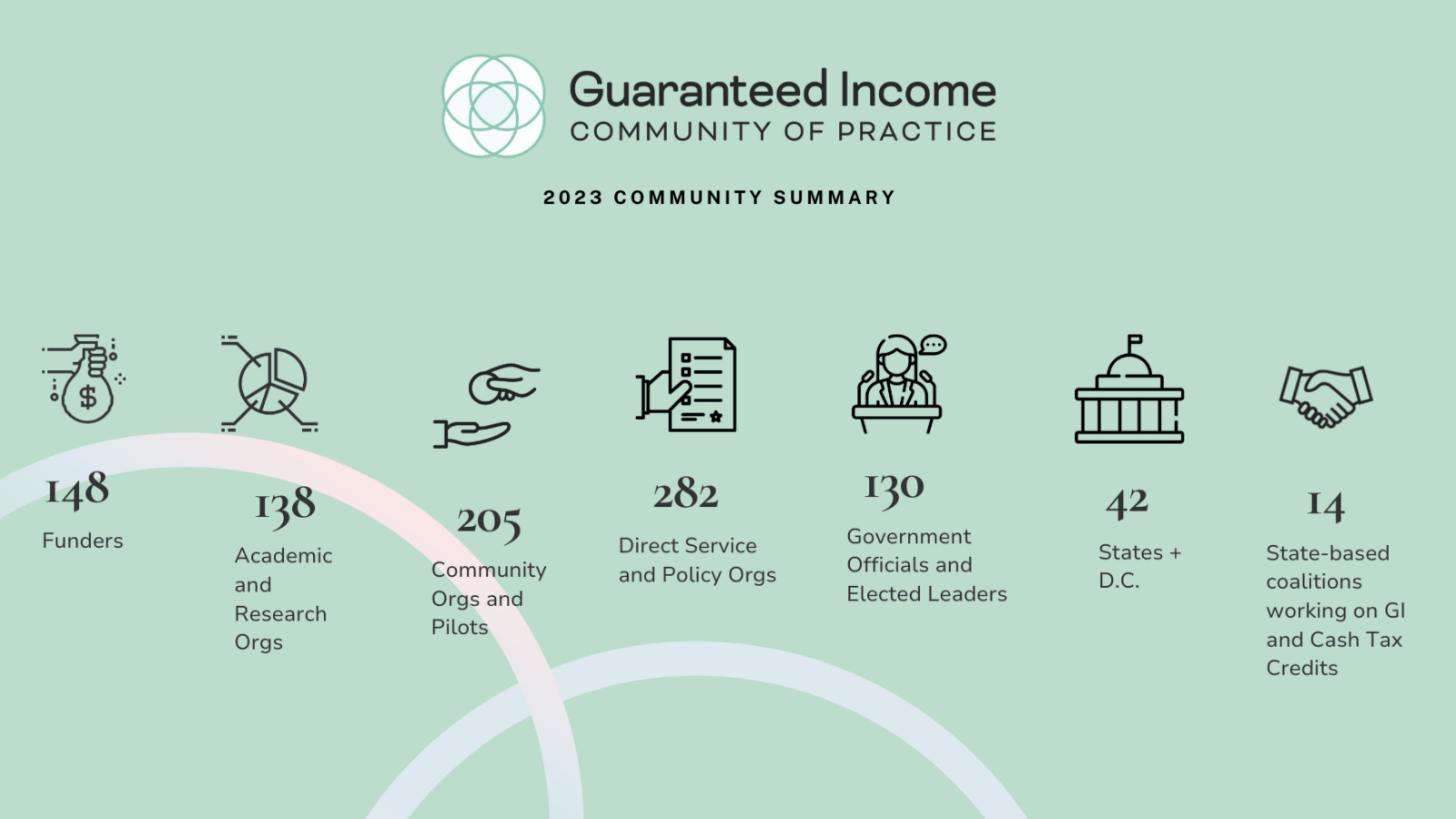The Bahá’í teachings advocate for a profound understanding of economic oneness. This concept is not merely an abstract ideal but a foundational pillar for a sustainable and equitable future. At its core, economic oneness emphasizes the interconnectedness of humanity, suggesting that the well-being of individuals is inextricably linked to the social and economic conditions of the broader community. This perspective prompts a reevaluation of conventional economic theories, driving an imperative for collaborative efforts towards a more just and viable economic landscape.
Historically, societies have been structured around the principles of competition and individualism. Such orientations inevitably foster disparities, engendering divisions among social classes and undermining collective progress. In stark contrast, the Bahá’í perspective underscores the necessity of unity and shared responsibility. This shift towards economic oneness advocates for an economic system that prioritizes the common good over individual gain, presenting a paradigm shift that cultivates solidarity and mutual support.
One of the cornerstone teachings in this regard is the integration of spiritual and material well-being. The Bahá’í Faith posits that both aspects are not only essential but interdependent. Economic structures must reflect this duality, promoting material prosperity while simultaneously nurturing spiritual growth. A society that neglects the spiritual dimension in its economic endeavors risks falling prey to rampant materialism, which ultimately leads to social fragmentation. Thus, the call for economic oneness compels us to construct systems that facilitate both economic equity and spiritual upliftment.
Moreover, Bahá’í teachings illuminate the significance of justice in economic affairs. Justice is not merely a legalistic concept; it is a moral imperative that demands the equitable distribution of wealth and resources. The absence of justice leads to exploitation and inequality, perpetuating cycles of poverty and disenfranchisement. The call for economic justice echoes throughout the writings of Bahá’u’lláh, who advocated for systems that advocate for the rights of all individuals, irrespective of their socioeconomic status. Such principles serve as a clarion call to policymakers and community leaders alike, urging them to design economic frameworks that are inherently just and equitable.
As we delve deeper into the practical implications of economic oneness, we can observe that such an approach necessitates the reformation of existing economic paradigms. For instance, the implementation of cooperative enterprises can embody the principles of collaboration and mutual prosperity. Worker cooperatives allow individuals to participate actively in decision-making processes, sharing both the risks and rewards. This model not only fosters a sense of belonging but also cultivates a spirit of innovation, as collective ownership often leads to enhanced accountability and productivity.
Additionally, the concept of economic oneness extends to addressing global disparity. In today’s interconnected world, economic fluctuations in one region can have far-reaching implications across the globe. The Bahá’í teachings implore humanity to recognize this interdependence, advocating for international collaboration in economic development. Wealthier nations bear a moral responsibility to support less affluent regions through sustainable investments and fair trade practices. By fostering equitable partnerships, countries can transcend nationalistic tendencies, working towards the shared goal of global prosperity.
An essential aspect of building a better economy together is education. The empowerment of individuals through education is paramount in realizing economic oneness. Informed citizens are better equipped to make decisions that benefit themselves and their communities. The Bahá’í writings place significant emphasis on the importance of universal education, asserting that knowledge is a powerful tool for socio-economic upliftment. Hence, investing in education systems that are accessible and comprehensive is crucial for cultivating a populace capable of contributing intelligently and equitably to the economic landscape.
It is also vital to consider the role of innovation in achieving economic oneness. Technological advancements present unique opportunities to enhance productivity and connectivity among diverse communities. However, there exists a responsibility to harness these developments ethically, ensuring that they serve the common good rather than exacerbate existing inequalities. Initiatives that prioritize sustainable practices can create new economic opportunities while preserving the planet for future generations. This perspective aligns with the Bahá’í principle of stewardship, which calls for the responsible caretaking of resources.
Furthermore, community engagement is critical in fostering economic oneness. Local economies thrive when individuals partake in civic duties, advocating for initiatives that reflect their values and priorities. Grassroots movements encourage participatory governance, allowing citizens to play an integral role in shaping economic policies. Such inclusive practices cultivate a profound sense of ownership over the community’s economic health, instigating a collective commitment to fostering an equitable environment.
Ultimately, the vision of economic oneness espoused by the Bahá’í teachings beckons us towards a reimagining of our economic systems. It calls for a shift from self-interest to selflessness, encouraging individuals and institutions alike to recognize their interconnected roles in shaping a sustainable future. This endeavor is not without challenges, yet the promise it holds is profound. By embracing collaboration, justice, and a deep commitment to the welfare of all, we can collectively embark on a journey towards building an economy that truly delivers for everyone.
In conclusion, the call for economic oneness is both an invitation and a challenge. It compels a reassessment of traditional economic constructs while beckoning individuals to transcend personal ambitions for the collective good. The teachings of the Bahá’í Faith provide a comprehensive framework for fostering unity, justice, and innovation in economic systems. As we strive to create a better economy together, let us embrace the principles of economic oneness, envisioning a world where prosperity is shared, and every individual can contribute to the greater good.
